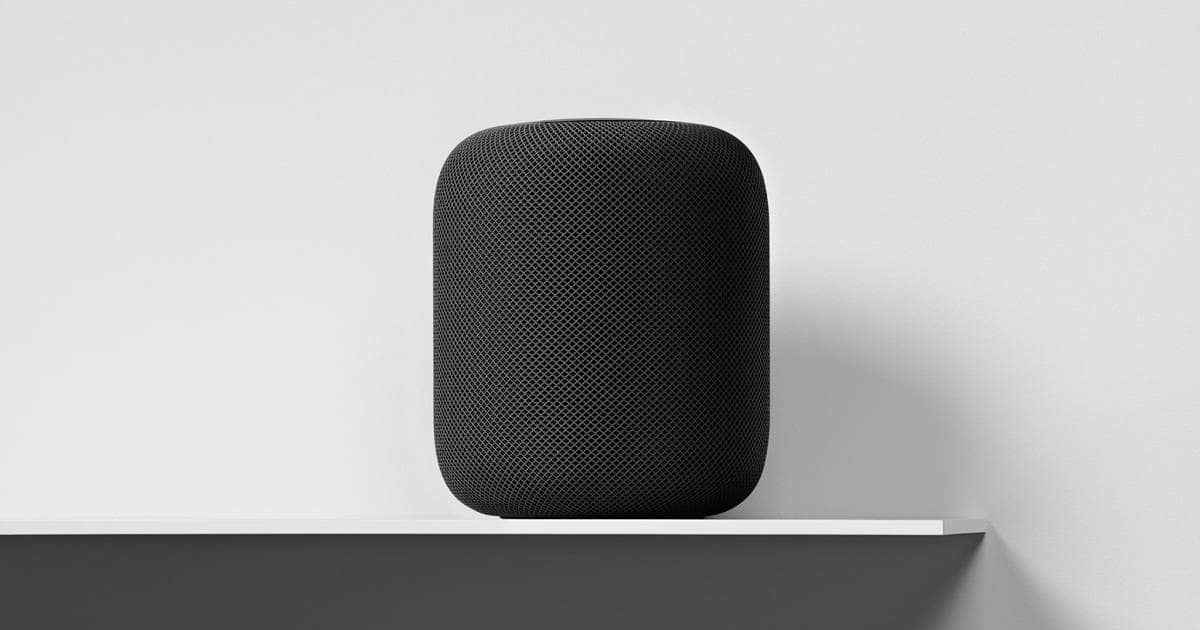Page 2 – News Debris For The Week of March 5th
Google’s Education and Enterprise Efforts Paying Off

• Google is being very smart about the introduction of its Chromebooks and the office suite, called G-Suite, into education. Apple isn’t the only company suffering a competitive headache from this Google initiative. Tim Bajarin at Tech.pinions thinks Microsoft is also vulnerable. Here’s the analysis. “Why Microsoft Should Fear Google’s Push Into the Enterprise.”
This was the first time I got a chance to hear and talk to the team behind G-Suite and saw how well this product was designed and how much Google pays close attention to their customer’s interests and demands when it comes to adding new features and functions….
I had a conversation with a high ranking exec recently whose daughter also uses a Chromebook in her school, and he pointed out that his daughter recently asked him to look at a doc she was working on and needed his input. He mostly uses Microsoft Office in his work and expected her to show him a Word document. But she pulled up Google’s G-Suite and showed him the doc in this application and a light went off in his head.
There’s much more good stuff in this insightful article.
More Debris
• According to CNBC, the U.S. Government is advising against purchasing this new smartphone from Huawei. “A $229 smartphone just launched, and the US government doesn’t think you should buy it.” Enough said.
• As we know, Target continues to struggle in its battle with Amazon.
The chain … said Tuesday that it attracted more customers over the holidays by revamping some of its stores, upping its online delivery service and offering exclusive brands and collections.
A Yes/No battle is raging amongst the analysts as to whether Amazon will just go ahead and acquire Target for its very visible and local brick & mortar face to customers. It’s similar to Amazon’s thinking about real bookstores that it has opened as well as Whole Foods. Here’s one argument in favor. And here’s one against. Apple can be thankful that it doesn’t compete on a grand scale against Amazon.
• This recent breakthrough could have major repercussions in the design of smartphones and consumer electronics in general. “Surprise Graphene Discovery Could Unlock Secrets of Superconductivity.” I’m going to do some more research on just what the implications and timeline might be.

• Would a less expensive HomePod dramatically improve sales? Apple may be thinking just that. Tom’s Guide reports: “Apple Working on Cheaper HomePod.” This is standard technique in the auto industry. First establish a brand synonymous with quality, then leverage that with a lower cost sibling. The owner gets to bask in the brand name but also save some money while rationalizing that the lower cost product is almost as good. It works, so that’s why I think Apple will do it.
• Admittedly, this company has a product to push, but a recent blog entry has a really well written article on “The state of Mac malware.” It’s well worth reading.
• Apple’s Swift programming language usage has now equalled Objective-C, according to informal data from GitHub and Stack Overflow. In fact, it’s broken into the top 10 in those communities. Here are the details. “Apple’s Swift rises into top 10 programming languages, swapping places with Objective-C.”
• Finally, with all the discussion about smart speakers and voice assistants lately, it’s interesting to hear the thoughts of one of the Siri creators, Norman Winarsky. “A Siri creator is surprised by how much Siri still can’t do.”
I want to point out a quote.
Winarsky acknowledges that some of this disappointment stems from the sheer difficulty of predicting the pace of major technological advancement, which Bill Gates once summed up as the human tendency to ‘overestimate the change that will occur in the next two years and underestimate the change that will occur in the next 10.’
As I recall, it was Arthur C. Clarke who first made that observation, albeit on a grander time scale. Nevertheless, as we all do, if Bill Gates absorbed the thought and reiterated it, good for him. It remins a truism.
In any case, this article isn’t an indictment of Apple’s handling of Siri. Rather, it’s more of a perspective on how much we expect, the pace of technology, and how hard this problem is.
Particle Debris is a generally a mix of John Martellaro’s observations and opinions about a standout event or article of the week (preamble on page one) followed on page two by a discussion of articles that didn’t make the TMO headlines, the technical news debris. The column is published most every Friday except for holiday weeks.

John:
Some very interesting reads. Just a few quick thoughts.
Since you asked, I understand Segall’s point about Apple playing it safe, while the corporate culture is one of risk taking. He has a point, although I’m not certain that it is well-aimed. Companies and corporations worldwide are frequently counselled by agencies to emphasise ‘branding’, which goes beyond protecting the brand to reiterating themes that conjure that brand and become an immediate association, particularly for busy people on the go who might not be able to watch an entire advert, but get a glimpse and then think of that company. This is more about protecting hard-won mindshare aka ‘Remember me’. The advertising universe is littered with beautiful and expensive adverts whose company, product and use case are equally vague, sometimes because a well known company ventures something new, but misfires and either leaves viewers confused, unmoved or turned off. People can relate to dance, although such adverts largely leave me, how to put this, unmoved; but I’m atypical. With adverts, assuming that they are target appropriate, the proof of the pudding is in the eating – sales metrics during the ad’s run. Data.
Regarding Huawei’s smartphone and the US government intelligence agencies warning not to purchase it, I just made a relevant comment regarding state actors on Bryan’s Facebook piece https://www.macobserver.com/columns-opinions/the-back-page/facebook-watches-us/#comment-22453 so won’t comment further, other than to say that anyone who does not recognise that cyber warfare has begun and is afoot is not paying attention, or that authoritarian actors will not exploit opportunities to gain tactical advantage (particularly information) is being naive. Of course, such actions will always be plausibly denied, commingled with reciprocal accusations and sanctions against democratic states and their industries, with retaliation and disinformation part and parcel. Welcome to 21st Century warfare – and that’s even before hostilities go hot.
The superconducting properties of graphene are indeed exciting, but these tantalising observations require further study. These studies on the mechanism of conductivity and the like will be easier to conduct (no pun intended) on graphene than on the cuprates for all the reasons stated, but ‘high temperature superconductivity’ if proved to be true has profound implications for the industry and consumers.
The ‘state of Mac malware’ is a worthwhile read. Belief in the invulnerability of any computer system is faith-based and irrational. Malware is being written for the Mac, and any system can be breached by a determined, knowledgeable and well-resourced actor (the banking, entertainment, retail and intelligence industries, to name but a recent few). One cannot have an impenetrable system, however the goal for the private consumer should be to make themselves a comparatively harder and therefore less attractive target than the low hanging fruit of most devices.
As for Siri, it’s not surprising that Norman Winarsky is both surprised and disappointed with the current state of Siri’s capabilities. He acknowledges that Apple took Siri in a very different direction from the one he and colleagues originally conceived. As a layperson, I believe that developing a capable, robust but secure AI is complex, and fraught with known and unanticipated disaster. None of the current AI products performs in an unambiguously superior league to its competitors; each has limitations and some have important vulnerabilities for the end user. Given what’s at stake, namely our security and safety, I prefer a measured approach grounded in state of the art security over any alternative.
The purpose of this ad is to demonstrate the use case for HomePod in a fun, whimsical way. I think it succeeds brilliantly. It is a cross between the old silhouette iPod ads and the more recent Apple Christmas ads.
Clearly, the use case for the HomePod is as a 21st century version of the home stereo for music lovers. Anyone who loves to sit in a darkened room and immerse themselves in their favorite music can easily relate to this ad.
I always Spike Jones’ work and FKA Twigs is a terrific dancer. The ad reminded me of Spike Jone’s music video for the song “Weapon of Choice” by Fatboy Slim. That video followed (an initially scary, weathered looking) Christopher Walken as he gleefully dances his way through a shopping mall.
Both the new HomePod ad and Spike Jones’ “Weapon of Choice” video show the juxtaposition of a person’s inner and outer lives. Specifically, people who may seem world weary, may in fact lead vibrant joyful inner lives. By gently encouraging viewers to avoid ‘judging a book by its cover’, both pieces are somewhat subversive.
If Google wants any chance of dethroning or at the very least be on a level-playing with Microsoft, it needs to dethrone Office / Office 365. That’s a huge uphill battle.
From the post about the US warning about the new smartphone from Huawei:
Two points:
1. Poll after poll shows the party in control of the US doesn’t share the values of most Americans.
2. Google software also “provides the capacity to…steal information” and “”conduct undetected espionage.”